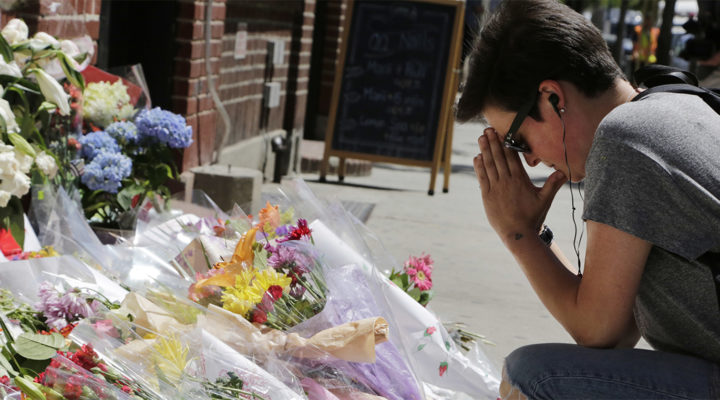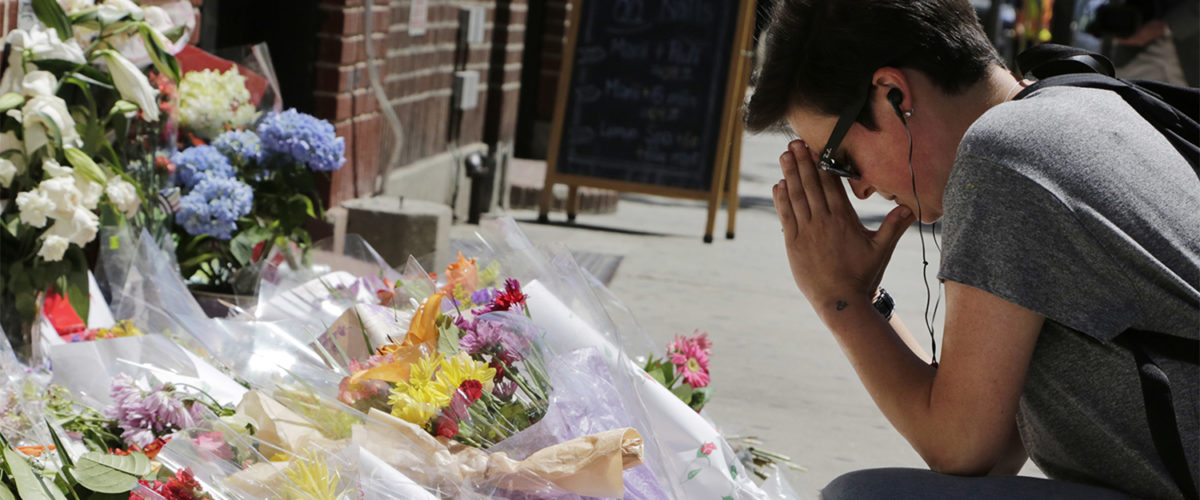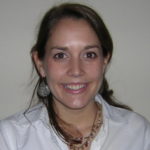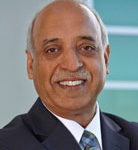Revenge and judgment are swirling through the culture since a lone gunman killed 49 and injured 53 in an Orlando gay night club early Sunday morning.
But Ruth Jensen-Forbell and her mostly LGBTQ church in St. Augustine, Fla., aren’t among them.
“This is not what God would want for anyone,” Jensen-Forbell said about the anger being directed by some at the U.S. Muslim community following the weekend massacre.
The factors that went into the shooting are complex and tragic, she said, and it involves much more than making a scapegoat out of entire faith.
“But it’s easy to blame Islam for this,” said Jensen-Forbell, senior pastor at First Coast Metropolitan Community Church.
Some extreme voices also find it easy to blame the LGBTQ community for the attacks. Those voices, including Westboro Baptist Church, have suggested they brought it on themselves.
But anger and fear haven’t been reserved for extreme voices only since Omar Seddique Mateen’s rampage at the Pulse club in Orlando.
Some religious leaders say the toxicity of those emotions are difficult to avoid in a society where firearms are freely available and where faith is too often the source of judgmental thinking and behavior.
Spiritual abuse
Merianna Harrelson has a term for the undercurrent of religious animosity in American society: spiritual abuse.
Harrelson is a Baptist minister and co-pastor of ministrieslab, a pop-up — or mobile — church that meets in downtown Columbia, S.C.
She started blogging regularly on the topic a month ago, defining it as the misuse of power, including scripture, by religious leaders for their own gain to coerce others into unquestioning adherence.
Harrelson said she had experienced the practice as a girl and young woman when she expressed hearing a call to preaching ministry. The church and community where she grew up pressured her to ignore it.
Some of the same feelings that arose in her then — including guilt, shame and anxiety — welled up after the Orlando massacre.
“I grew up in a community of faith that turned passages of scripture into justification for theological dogma regardless of their historical or literary contexts,” Harrelson wrote in her latest post, which was posted on Monday. “This community of faith did the same thing with current events.”
And that’s what she saw when Westboro tweeted that God has sent the shooter to the Orlando nightclub, Harrelson told Baptist News Global.
“I grew up in a community of faith that turned passages of scripture into justification for theological dogma regardless of their historical or literary contexts.”
“The idea is that they deserve to die because of sexual orientation — that’s spiritual abuse,” Harrelson said.
She added that the Westboro comments are particularly troubling because most in society don’t know one kind of Baptist from another, leading many to draw negative conclusions about the tradition.
As a result, she felt that conditioned response to remain silent.
“I have that fear of retribution,” she said.
‘The religion totally condemns this’
Muslims are feeling that pressure as well, said Muhammad Ilyas, a Jacksonville physician and president of the Southeast chapter of the Islamic Circle of North America.
Muslims who wear clothing that gives away their religion, such as women’s hijabs, regularly get unfriendly looks — especially after acts of violence attributed to extremists, Ilyas said.
“Generally, the masses don’t know where we stand on this issue,” he said in reference to terrorism.
Where it stands, he added, is dead against it.
“The religion totally condemns this kind of activity,” he said. The Quran says “if a person kills one innocent man, it is like he killed the whole of humanity.”
Ilyas said he and other Muslims are baffled about how terrorists can find justification for their causes in scripture.
“It is true that Islam does not approve [of homosexuality], but it does not say you have any right to kill them,” Ilyas said.
‘A struggle for the Muslims’
In St. Augustine, Jensen-Forbell explained that the weekend shooting is particularly painful to her congregation because the LGBTQ community in Florida is a particularly close one. Almost anyone is bound to know someone who was affected.
Her biggest job is convincing people not to believe the messages of hate that suggest God hates gays.
“In my sermon [on Sunday morning], I talked about being created in God’s image and I made it clear this is not an act of God,” she said. “God did not have this happen.”
If there is a silver lining to the tragedy, it may be to awaken Americans to the need to be more tolerant and informed of different faiths.
“This is a struggle for the Muslims right now,” she said. “I mean, how would you deal with this?”





